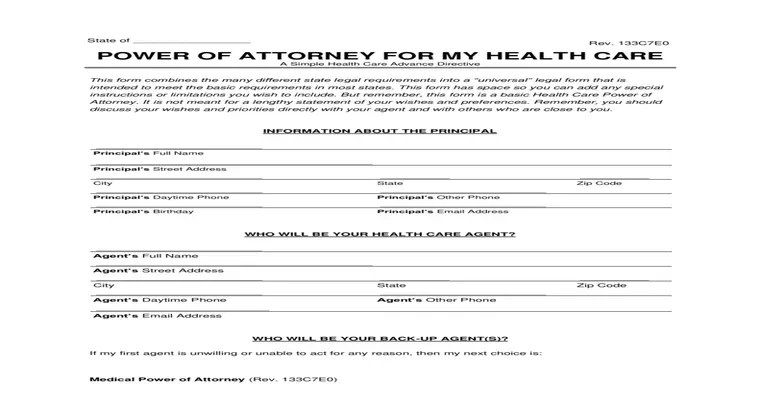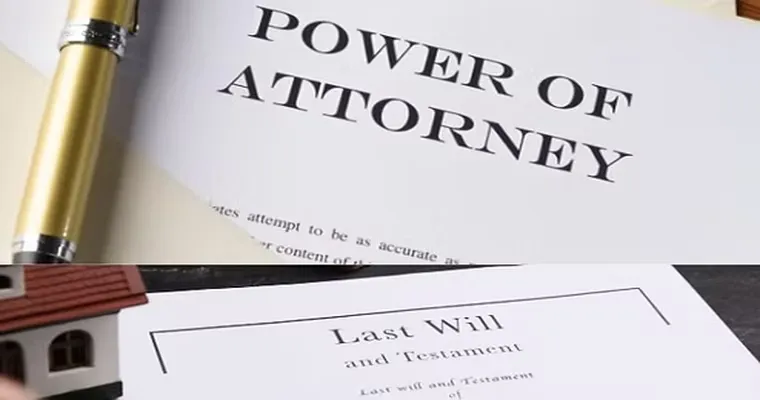When it comes to making "legal decisions" on behalf of a loved one, such as your mom, having the correct "power of attorney (POA)" is crucial. Understanding how to secure this authority and ensure that you are legally equipped to make decisions can alleviate potential stress during challenging times. This article will guide you through the steps to ensure you have the legal authority to act on your mom's behalf.
Understanding Power of Attorney
A "power of attorney" is a legal document that allows one person to make decisions for another in specified matters. These matters can include healthcare decisions, financial affairs, or both. To ensure you have the appropriate authority, it is essential to understand the types of POA available.
Types of Power of Attorney
1. "General Power of Attorney": This grants broad authority to make decisions on behalf of your mom in various areas, such as finances and property management.
2. "Durable Power of Attorney": Unlike a general POA, a durable POA remains effective even if your mom becomes incapacitated. This is crucial for long-term care situations.
3. "Healthcare Power of Attorney": This specifically allows you to make medical decisions on your mom's behalf if she is unable to do so herself.
Steps to Establish Authority
1. "Discuss with Your Mom": Before proceeding, have an open conversation with your mom about her wishes and the need for a POA. This discussion is vital for her peace of mind and ensures that she feels comfortable with you making decisions for her.
2. "Consult an Attorney": It's advisable to work with a "legal professional" who specializes in elder law. They can help you understand the nuances of establishing a POA and ensure that the document complies with state laws.
3. "Draft the Power of Attorney Document": With the help of your attorney, draft the POA document. Be clear about the powers being granted and any limitations. Ensure that your mom signs the document while she is still mentally competent.
4. "Notarization and Witnessing": Most states require that the POA document be notarized and, in some cases, witnessed. This step is essential to validate the document legally.
5. "Notify Relevant Parties": Once the POA is established, inform relevant institutions, such as banks and healthcare providers, about your authority to act on your mom's behalf. This will prevent any confusion in the future.
Keeping the POA Valid
To maintain the effectiveness of the POA, it is crucial to regularly review the document, especially if your mom's health or circumstances change. If she wishes to revoke the POA or appoint someone else, she can do so as long as she is mentally competent.
Conclusion
Securing the "legal authority" to make decisions on your mom's behalf through a "power of attorney" is a vital step in ensuring her well-being and managing her affairs effectively. By understanding the types of POA, discussing openly with your mom, and working with a qualified attorney, you can ensure that you have the legal authority needed when it matters most. Taking these steps not only provides peace of mind for you and your mom but also ensures that her wishes are honored during challenging times.





